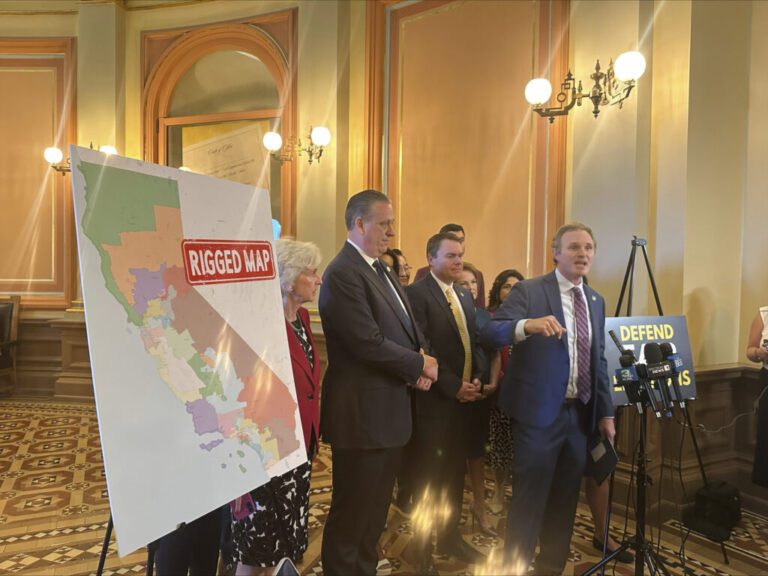California’s Redistricting Controversy: A Democratic Push Against GOP Challenges
Overview of California’s Redistricting Plan
California Democrats are navigating a heated controversy as they rally behind Governor Gavin Newsom’s redistricting proposal. Framed as the "last line of defense for our democracy," this initiative aims to redraw electoral districts to bolster the Democratic presence in the state. However, GOP lawmakers are vehemently opposing the changes, taking legal action to block the process.
The Proposal in Detail
Governor Newsom’s plan involves:
- $250 million allocation for a special election to secure voter approval for new congressional districts.
- An intention to add five additional Democratic-leaning districts to the existing map.
- The proposal would activate only if other Republican-controlled states, like Texas, redraw their electoral maps prior to the 2026 midterm elections.
"If those states stand down, then so will California," stated California State Senator Christopher Caballdon, emphasizing the conditional nature of this sweeping reform.
Legislative Process and Challenges
Typically, California employs an independent redistricting commission to design electoral maps following each national census. However, according to the latest legislation, the commission will resume its traditional role only after the 2030 Census.
Legal Actions from GOP Lawmakers
Four Republican lawmakers recently filed a lawsuit with the California Supreme Court, alleging that Democrats are "gutting and amending" unrelated legislation to expedite the redistricting process:
- Their complaint: The legislature is sidestepping established protocols that promote thorough review and deliberation.
- This escalation coincides with the initiation of committee hearings in both the assembly and senate aimed at quickly advancing the proposal.
Assembly Hearing Highlights
The assembly hearing became a focal point for contention:
- Assemblyman David Tangipa attempted to adjourn the session, citing insufficient time to review the legislation.
- He proposed an amendment to prevent legislators from voting in favor of the redistricting measure if they planned to run in the newly formed districts, which was swiftly rejected along party lines.
- Public commentary allowed a mere 30 seconds per speaker, revealing strong opposition with one citizen echoing the sentiments of environmental activist Greta Thunberg, questioning: "How dare you?"
Despite protests, the measure passed in the assembly committee with a five-to-two vote.
Senate Hearing Developments
Conversely, the senate hearing was markedly quieter. Supporters voiced strong endorsements:
- Sabrina Cervantes, a state senator, asserted, "California will not bend the knee to authoritarian demands."
- Jodi Hicks, president of Planned Parenthood California, emphasized the potential ramifications of GOP control at the national level, stating that it could lead to a "nationwide abortion ban."
While some former redistricting commissioners voiced grievances about the proposal, arguing that it discards established fair mapping processes, others, like Sara Sadhwani, acknowledged it as a necessary step to safeguard election integrity.
Opposition Voices
Critics, including former commission member Connie Archbold Robinson, highlighted that California voters have historically rejected gerrymandered districts thrice, asserting:
"This legislation is being touted as the only way to resist authoritarianism. This is a false choice."
The committee moved the legislation forward with a four-to-one vote, with the sole Republican dissenting.
Conclusion
The ongoing debate around California’s redistricting plan signifies a critical juncture in political maneuvering. As Democrats push for reforms amidst robust Republican resistance, the implications of this process will extend well into future electoral cycles. Stakeholders on both sides remain vigilant, as California’s decisions may influence national electoral strategies.
For further information on the redistricting process and its implications, visit NASS.


